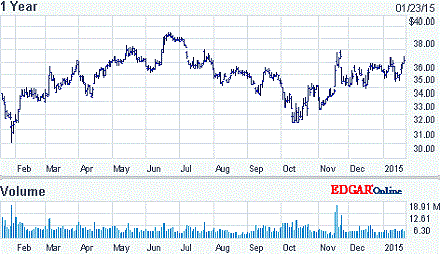Duanjie Chen and Professor Jack Mintz of the University of Calgary’s School of Public Policy have recently published a report that criticizes the potash tax system in Saskatchewan calling it inefficient and imbalanced. The report claims that the current system is a hindrance to the revenue of the province. The authors compare the tax royalty systems currently in place in Saskatchewan and New Brunswick to other potash-producing regions throughout the globe. They find that Saskatchewan’s potash tax system is the most complicated, most inefficient, and least competitive when compared to China, Russia, Germany or the U.S. The system currently used in New Brunswick is seen as somewhat better.
The current revenue system was revamped in 2002 when the government was trying to give a boost to a dwindling potash market and low prices. For companies operating between 2001 and 2002, the maximum taxable amount equates to their average sales in those years. Yet, those companies that started doing business after 2002 can be taxed as much as 75 percent of their sales. In the authors’ opinion, having a different treatment for companies depending on the date when they started operating is not “a level playing field”.
The report moreover states that the incentive for investment can be even as high as 120 percent, which basically means that the government is losing out on revenue. The authors thus recommend changing the tax policy of the province into a better levy system to boost and grow revenue streams. Saskatchewan, Canada’s prairie province, accounts for about 30 percent of the world’s potash production. The fertilizer sector is the backbone of the region’s economy and government revenue in the province.




